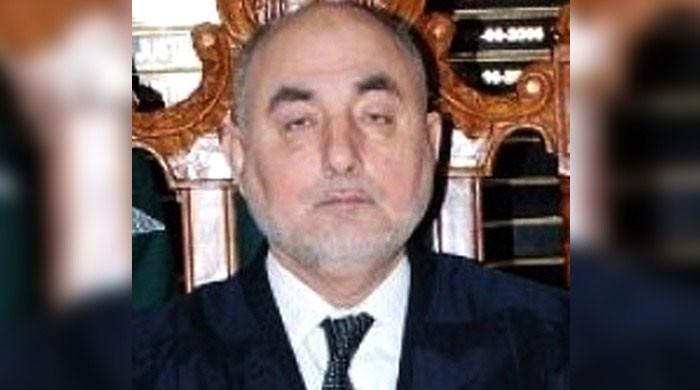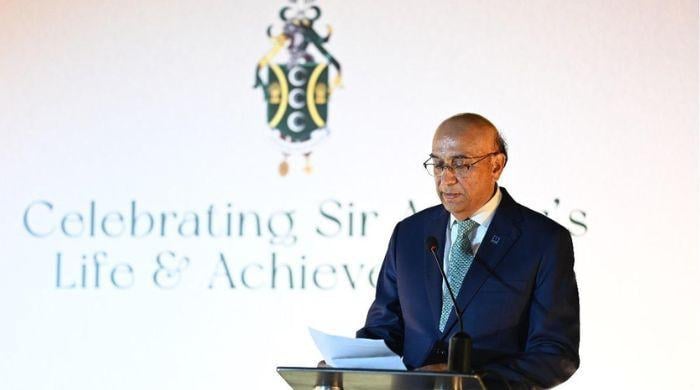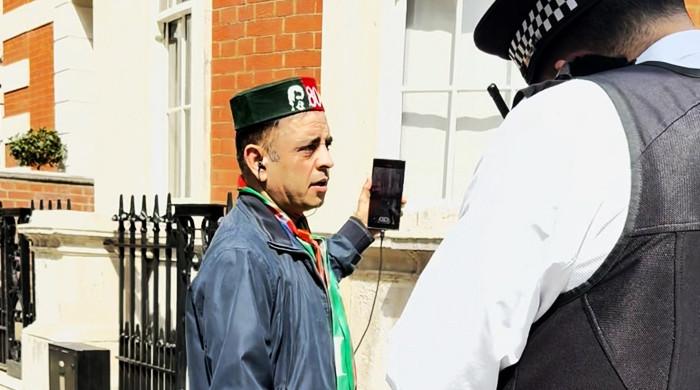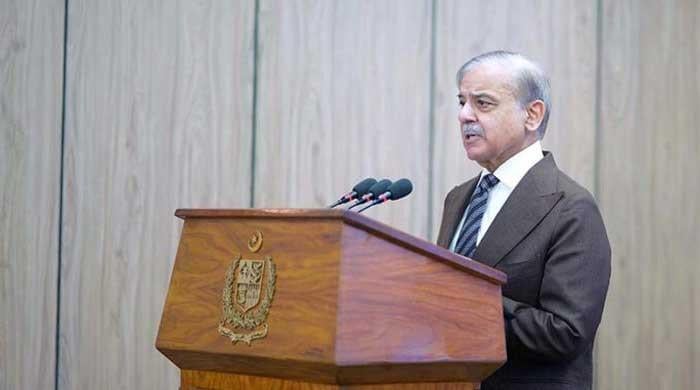SHC orders inquiry into age of juvenile offender on death row
According to Justice Project Pakistan, Muhammad Azam was 17 when he was first admitted to custody
May 16, 2018
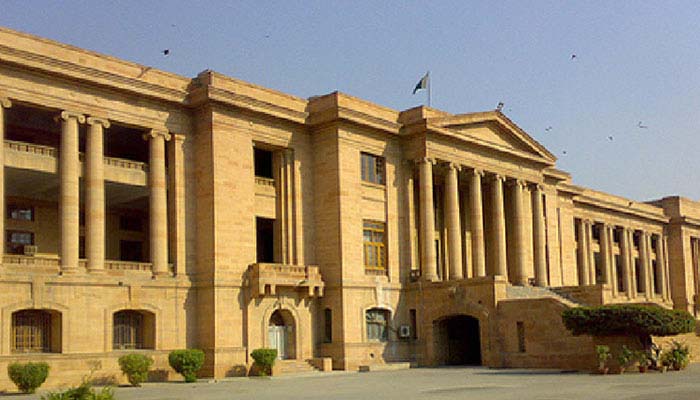
KARACHI: The Sindh High Court on Tuesday directed an anti-terrorism court in Karachi to ‘expediently’ conduct an age determination inquiry for Muhammad Azam, a juvenile offender on death row.
The directive to hold an age determination inquiry came after a petition was filed by Justice Project Pakistan (JPP) on April 23, 2018.
A two-member bench comprising Justice Muhammad Iqbal Kalhoro and Justice Muhmmad Karim Khan directed the trial court to conduct the inquiry and submit its findings before the court.
Advocate Saadat Yar Khan and JPP’s counsel, Barrister Raja Hashim Javed, maintained before the court that Azam’s birth records, Karachi Central Prison’s records and the jail roll confirm that he was 17 when he was first admitted to custody.
Pakistan’s Juvenile Justice Systems Ordinance 2000 excludes death penalty for persons under 18 years.
The petitioner’s counsel further upheld that Azam’s juvenility was never in question as he was originally held in the Youthful Offenders Industrial School, Karachi – a facility for juvenile offenders.
In light of the 2001 Presidential Notification, the petitioner is entitled to a commutation of his death sentence if proven to be a juvenile offender, the counsel further said.
Azam was sentenced to death in 1999 by an anti-terrorism court in Karachi for murder during robbery.
Following Azam’s death sentence, the government enacted the Juvenile Justice System Ordinance 2000 which prohibited death penalty for all juvenile offenders. Further, a Presidential Notification granted all juveniles automatic remission of their sentences on the basis of an age determination inquiry.
However, Azam has been denied this inquiry for almost two decades now.
In August 2004, a trial court rejected a request sent by jail authorities to determine Azam’s age after the presidential notification.
The Sindh High Court’s directive to conduct an age determination inquiry comes days after the Senate passed the Juvenile Justice System Bill 2018, legislation that makes age determination protocols mandatory for cases involving juvenile offenders.





